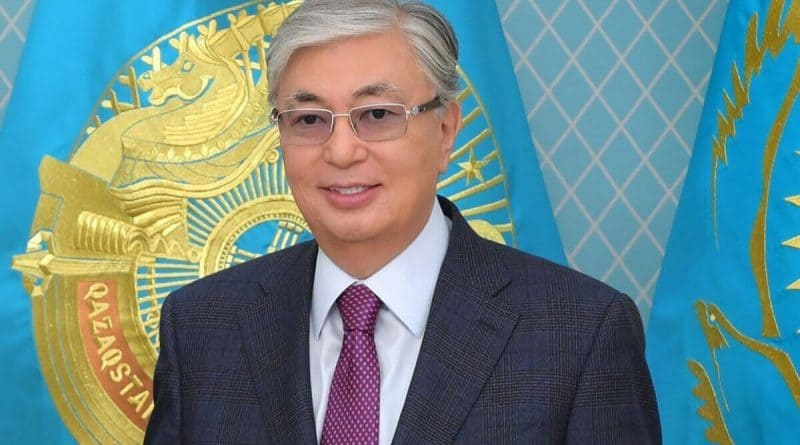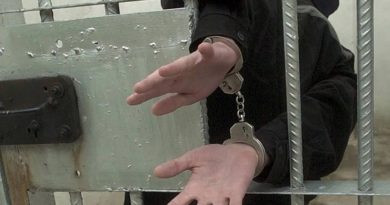Kazakhstan: The President signed the scandalous law on information, but without restrictions on social networks
The President of Kazakhstan, Kassym-Jomart Tokayev, signed the sensational law “On amendments and additions to certain legislative acts on the protection of the rights of the child, education, information and informatization”. To the credit of the head of state, the law didn’t include scandalous amendments that strengthen control over social networks.
As ACCA has already reported, deputies of the Lower House of the Parliament of Kazakhstan, in March, approved amendments to legislative acts on the protection of the rights of the child, education, information and informatization. Including those that obligated social networks to remove illegal content within 24 hours from the moment they received an order from authorized bodies (primarily Internet harassment and bullying).
The amendments, in particular, proposed to oblige the owners of social networks and messengers operating in Kazakhstan (the average daily access to which is more than 100,000 users per month) to appoint their legal representative for interaction with the Ministry of Information and Social Development.
“And this legal representative, after receiving the order, will be obliged to take measures within 24 hours to remove information that violates the requirements of the laws of the republic,” Jamilya Nurmanbetova (Chairman of the Committee on social and cultural development of the Lower House of Parliament) explained at the presentation of the bill.
However, the public of Kazakhstan took these attempts to tighten control with hostility.
“We urge not to adopt this bill. These proposals threaten to infringe human rights and interests. They allow the Ministry of Information and Social Development, under the pretext of protecting children from online bullying, to demand the removal of almost any content, limiting access to the entire foreign Internet platform in case of refusal. These amendments are unconstitutional, because they contradict the Constitution of Kazakhstan,” MediaNet international journalism center said at the time.
On April 13, at the meeting of the Committee for Social and Cultural Development and Science of the Senate (the Upper House of Parliament), a preliminary consideration of this bill was held.
“The amendments were developed in order to improve legislation in the field of protecting the rights of children, strengthening the system of state regulation of public relations in the field of protection of the interests of the child. The bill provides for the implementation of mechanisms aimed at protecting children from any form of violence against them, including in the field of family relations, education and the information space. In particular, it’s planned to open rehabilitation centers on the basis of existing hospitals and polyclinics. It’s also proposed to reduce the period of registration for obtaining housing for orphans and children left without parental care, the introduction of legislative measures to protect children from bullying, including countering illegal content on the Internet, etc.” the Committee Senator Dinar Nuketaeva noted at that meeting.
As a result of the meeting, it was decided to send the bill to the deputies of the Upper House for consideration.
However, on April 14, the senators didn’t admit these very scandalous amendments regarding the tightening of control over social networks.
“The senators removed broad powers from the bill, which allowed the authorized body to restrict access at its own discretion, or suspend the operation of Internet resources, social networks and instant messengers,” Senate Speaker Maulen Ashimbaev said at the plenary session at which this bill was considered.
After that, the bill was returned to the Lower House of Parliament to eliminate the norms that didn’t pass the approval.
The deputies of the Lower House, who had previously advocated tightening control, took into account the criticism of their senior comrades and finalized the bill, taking into account their wishes. After that, the bill went to the signature of the head of state, was signed and entered into force.




